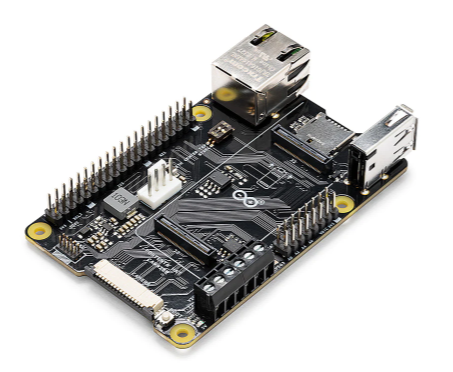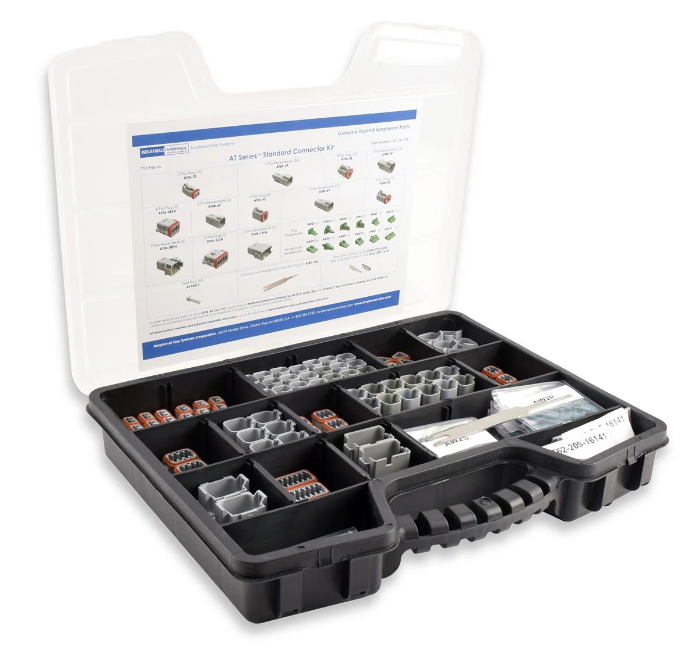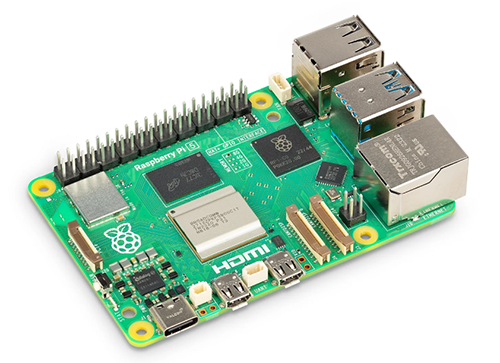 Quantum Tech
Quantum Tech
Making quantum computers faster
Researchers at ETH Zurich have established a record for the size of quantum states generated with massive particles. Their technique could be used to make quantum computers faster. During the last decades, quantum physicists have been working towards reaching their dream: to be able to control single atoms, molecules or other tiny particles governed by the laws of quantum physics so accurately that it would be possible to build new types of ...
Quantum data bus could be just around the corner
RMIT University researchers have trialled a quantum processor capable of routing quantum information from different locations in a critical breakthrough for quantum computing. The work opens a pathway towards the "quantum data bus", a vital component of future quantum technologies.
The Quantum Revolution is coming!
The second CW (Cambridge Wireless) Technology and Engineering Conference (CW TEC) will bring together leaders in the world of Quantum 2.0 to unravel this new field of science and engineering and look at how it could change the face of industry.
Quantum communication system to secure data exchange
A group of scientists from ITMO University, in Saint Petersburg, has developed a novel approach to the construction of quantum communication systems for secure data exchange. The experimental device based on the results of the research is capable of transmitting single-photon quantum signals across distances of 250 kilometers or more, which is on par with other cutting edge analogues. The research paper was published in the Optics Express journal...
Danish grant aims to accelerate quantum technology
Quantum physics has moved from theoretical thought experiments to becoming a reality in advanced laboratories, and the next step is to develop quantum technology for commercial use, such as quantum information technology. In a major effort to translate quantum physics into practical quantum technology, the Danish Innovation Fund has invested 80m kr. in a nationwide project involving three universities.
From theoretical quantum physics to usable quantum technology
Quantum physics is no longer theoretical thought experiments, it is real experiments in laboratories and the next step is to develop quantum technology for commercial use, such as quantum information technology. In a major new effort to translate quantum physics into practical quantum technology, the Innovation Fund Denmark has therefore invested 80 million kroner in a nationwide project involving three universities: the Niels Bohr Institute at t...
Using laser light to cool a quantum liquid
Australian researchers from The University of Queensland have, for the first time, used laser light to cool a special form of quantum liquid, called a superfluid. Lasers are widely used to cool gases and solid objects, but have never before been applied to cool a quantum liquid. The findings were released today in the journal Nature Physics. Superfluids are quantum liquids with a strange property - much like electrical current...
Laser technique promises super-secure quantum cryptography
A method of implementing an 'unbreakable' quantum cryptographic system is able to transmit information at rates more than ten times faster than previous attempts. Researchers have developed a new method to overcome one of the main issues in implementing a quantum cryptography system, raising the prospect of a useable 'unbreakable' method for sending sensitive information hidden inside particles of light.
A key to development of materials for quantum computers
An international research group observed a state in copper oxides in which orbital degrees of freedom did not freeze at low temperatures and electrons fluctuated due to quantum fluctuations. The group also clarified the time scale of these quantum fluctuations in multifrequency electron spin resonance (ESR) experiments in a strong magnetic field for the first time. Electrons have three degrees of freedom: spin, orbital, and electric charge.
Second quantum revolution with chip-based atomic physics
A University of Oklahoma-led team of physicists believes chip-based atomic physics holds promise to make the second quantum revolution—the engineering of quantum matter with arbitrary precision—a reality. With recent technological advances in fabrication and trapping, hybrid quantum systems are emerging as ideal platforms for a diverse range of studies in quantum control, quantum simulation and computing.









